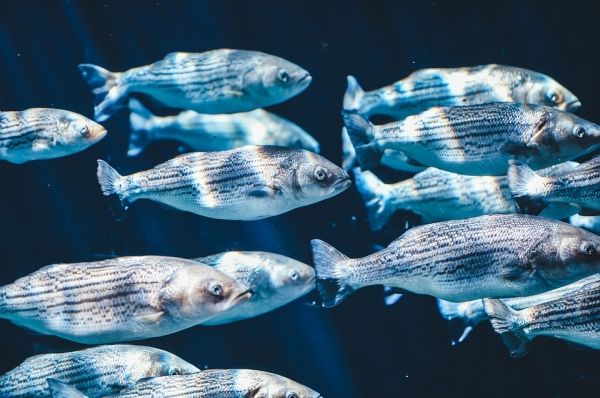Marine cold spells are cold versions of heat waves: periods of exceptionally cold water, able to hurt or help the ecosystems they hit. As the atmosphere and oceans warm, marine cold spells are becoming less intense and less frequent overall, according to a new study.
Today, the oceans experience just 25% of the number of cold spell days they did in the 1980s, and cold spells are about 15% less intense, researchers found. Weaker cold spells could mean they’re less likely to cause mass die-off events, but having fewer cold spells also means refuges and recovery periods from marine heat waves are disappearing.
The study was published in the AGU journal Geophysical Research Letters, which publishes short-format, high-impact research with implications spanning the Earth and space sciences. It is the first study to quantify and compare the changing nature of marine heat waves and cold spells over several recent decades on an oceanwide, global scale.
“Recently, studies have focused on heat waves and warm ocean temperature events, less so the cold events,” said lead author Yuxin Wang, an ocean and climate scientist at the University of Tasmania. Because marine cold spells have both positive and negative impacts, Wang said, understanding when, where and why these spells occur is critical for predicting their presence in the future. Predicting cold spells could be important for fisheries’ long-term planning and for ensuring catch limits are sustainable.
Read more at American Geophysical Union
Photo Credit: Pexels via Pixabay


